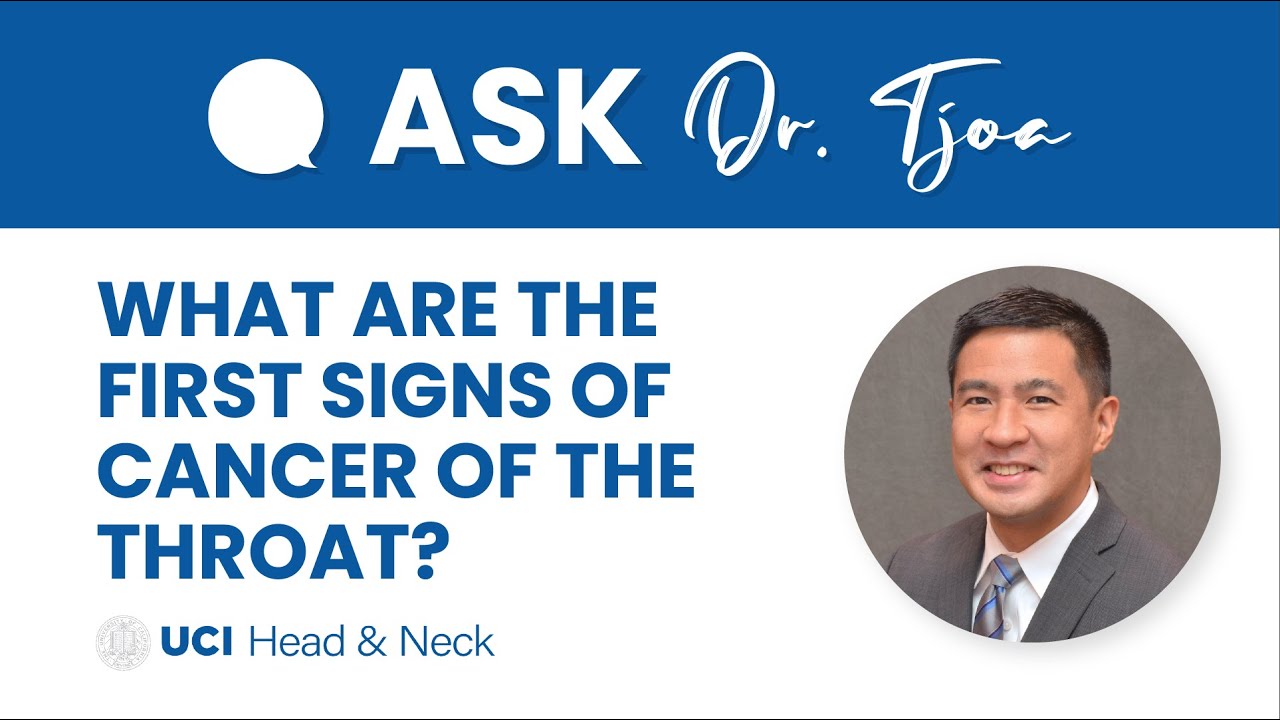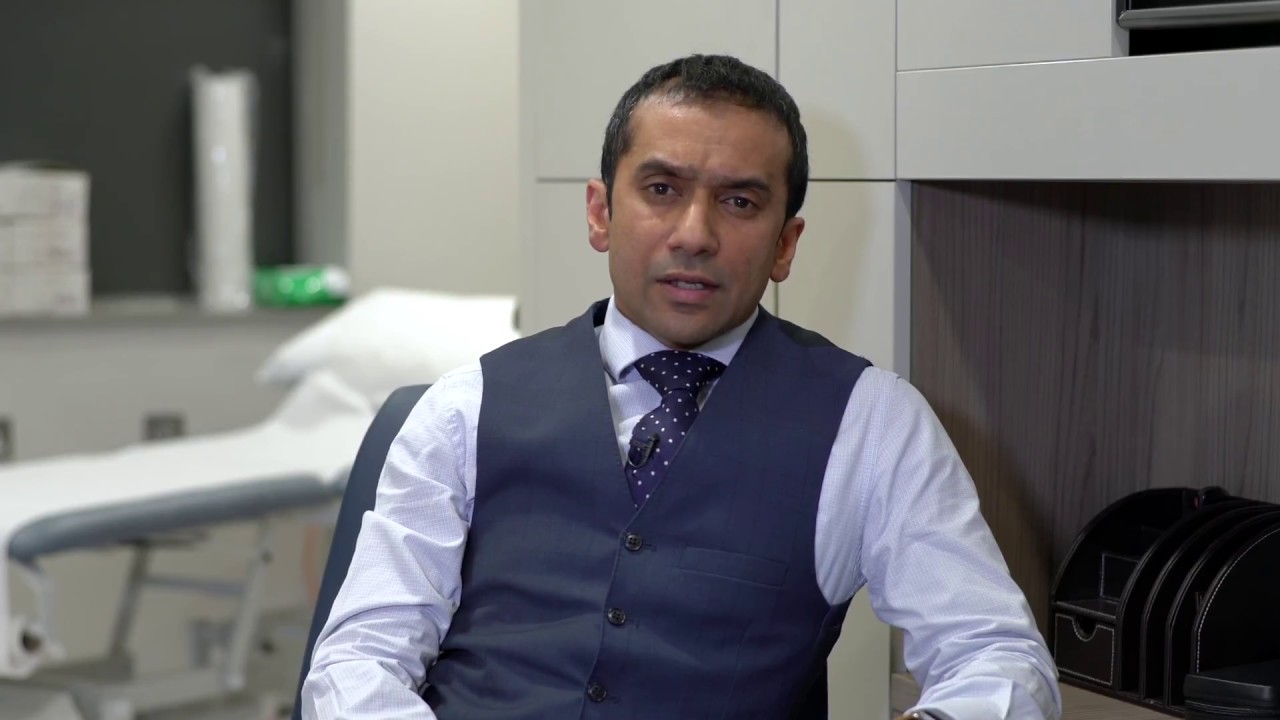Throat cancer can be a silent adversary, creeping into lives under the guise of common ailments. That’s why being aware of throat cancer symptoms is essential. Early detection can mean the difference between life and death. When you’re tuned in to your body’s signals, you’re more likely to catch these symptoms before they escalate. Let’s look deeper into what you should never overlook.
Recognizing Throat Cancer Symptoms
Throat cancer isn’t just one thing; it encompasses several types, including cancers affecting the larynx, pharynx, and tonsils. Many symptoms mimic those of minor illnesses, enticing us to downplay them. However, being informed can empower you to act swiftly. For instance, Kate Fisher, a throat cancer survivor, shared how her long-standing sore throat was brushed off as a minor issue, only to become a harbinger of something much worse. Her story highlights a crucial fact: don’t ignore the signs.
Understanding the nature of throat cancer symptoms means knowing how they can overlap with other conditions. Sometimes, what feels like a nagging sore throat could be more serious. A typical cold might go away in a week or so, but symptoms that linger should raise a red flag. You deserve to feel secure in your health, so heed those warning signs!

Top 7 Throat Cancer Symptoms You Should Never Overlook
1. Persistent Sore Throat
A sore throat that just won’t quit? It might be time to pay closer attention. Unlike usual infections that respond to sore throat medicine like lozenges or gargles, a throat cancer-related sore throat sticks around without any relief. Kate Fisher’s experience is a wake-up call; she felt dismissed until it was almost too late.
2. Difficulty Swallowing (Dysphagia)
If you’re having trouble swallowing or it hurts to do so, that’s not something to shrug off. While you might link it to acid reflux or common cold symptoms, a tumor in the throat can cause serious complications. If swallowing feels like a chore, pursue answers!
3. Unexplained Weight Loss
Have you found yourself dropping pounds without trying? Sudden, unintentional weight loss can be alarming and may signal something serious, like throat cancer. Patients often find that eating becomes uncomfortable, which leads to reduced food intake. This isn’t an issue that calls for weight loss medication; it calls for medical insight.
4. Hoarseness or Voice Changes
Voice changes are often underestimated. A hoarse voice lasting more than two weeks? That’s concerning! Professional vocalist John Smith noticed subtle shifts in his vocal range that led him to seek medical attention, ultimately discovering a tumor. If you feel your voice changing, see a specialist.
5. Lumps in the Neck or Throat
Lumps or swellings can be deceptively easy to ignore. Many chalk them up to swollen lymph nodes from infections, but a lump could signal something far more insidious. Remember, not all lumps are harmless. A healthcare provider can help distinguish benign growths from those requiring urgent intervention.
6. Chronic Coughing or Coughing Up Blood
A persistent cough doesn’t just linger for fun. While you might ignore it as a seasonal allergy, a cough that persists—especially if it’s bloody—should alarm you. Multiple causes can lead to coughing, but if treatment isn’t helping, you need a thorough examination.
7. Ear Pain
Did you know ear pain can indicate throat cancer? It’s often overlooked because the pain appears disconnected from throat issues. Many patients share stories of unexplained ear pain often being a precursor to their cancer diagnosis. If you’ve got no other symptoms but feel that nagging pain, don’t be too quick to dismiss it.
Managing Throat Cancer Symptoms: Insights on Treatment
After a diagnosis, addressing throat cancer symptoms takes careful planning. Treatment plans will depend on individual factors, including cancer type and growth stage. Common choices include radiation and chemotherapy, sometimes used together. Always consult healthcare professionals about managing side effects effectively.
Pain management is also critical. Patients should communicate openly with their healthcare team about what they’re experiencing. Treatments can be tough, and emotional support can make a world of difference. Consider joining a support group to share experiences and coping strategies.
Interconnections with Other Health Conditions
Spotting throat cancer symptoms can be tricky, particularly when they overlap with other health issues. Symptoms like weight loss and fatigue could signal gastrointestinal problems rather than cancer, but that doesn’t mean throat cancer can be ruled out. Regular check-ups and blood pressure monitoring can help keep track of your overall health, especially during any treatment you may face.

Staying Informed and Vigilant
As we move into 2026, awareness around cancer symptoms, including those related to throat cancer, continues to advance. Staying informed means understanding how these symptoms might interact with others like bird flu symptoms or issues that require skin tag removal. Your health isn’t just about checking boxes; it’s about being aware and proactive.
Understanding your body’s signals can be a powerful tool in fighting against debilitating diseases like cancer. Remain vigilant and engaged with your health, and consider talking to a healthcare provider if you experience concerning symptoms. The stakes are high, and being proactive could lead to better outcomes. Remember, your health is worth it!
Throat Cancer Symptoms You Should Never Ignore
The Importance of Identifying Throat Cancer Symptoms
Throat cancer can sneak up on anyone, often with symptoms that seem harmless at first. But did you know that persistent sore throats or hoarseness can be red flags? These throat cancer symptoms might mimic a common cold or allergies. Interestingly, Boy George famously overcame health scares that nearly sidelined his music career, showing us that awareness is vital. Just like fans eagerly track the excitement of a college basketball schedule, keeping up with your health can lead you to avoid serious consequences.
And don’t overlook the connection between pain or difficulty swallowing and potential throat issues. This can feel a bit like a Family Feud-style contest where you want to guess the right answer before time runs out. The sooner you act, the better your chances for a positive outcome.
Lesser-Known Throat Cancer Symptoms
Many folks don’t realize that unexplained weight loss could be a symptom of throat cancer. While shedding those pounds might be a goal for some, doing it without trying could signal trouble. On a lighter note, if you ever found yourself humming the catchy Goofy Goober song, remember: health is also about being in tune with your body. Changes like a lump in your throat or neck aren’t something to laugh about; they’re critical signs you shouldn’t ignore.
Moreover, altering your voice or experiencing breathlessness can reflect what’s going on inside. Much like the intriguing plot twists in “Titans: Attack on Titan,” the human body can throw some unexpected challenges your way. Staying alert to these symptoms could even save your life, making it as crucial as knowing When Is The first day Of spring for those planning ahead for the season!
A Final Note on Throat Cancer Symptoms
If you’ve noticed any unusual throat cancer symptoms like persistent cough or a sore throat that lingers, it’s time to consult a healthcare professional. Catching these signs early is like having the perfect strategy to navigate Castleton Squares complex shopping layout without getting lost. Nobody wants to find themselves on a wrong path when it could easily be rectified. So remember, whether you’re belting out the lyrics for “Free Falling” or simply enjoying your day, pay attention to those signals your body sends. You never know when the next note in your health symphony might be a call to action!

How do they check for throat cancer?
Doctors usually check for throat cancer through a physical exam, which may involve using a special light to look down your throat. They might also use imaging tests like CT scans or MRIs and a biopsy to confirm any suspicious areas.
What are the first warning signs of throat cancer?
The first warning signs of throat cancer can include a persistent sore throat, difficulty swallowing, a lump in the neck, or changes in your voice. If something feels off for a while, it’s a good idea to get it checked out.
How curable is throat cancer?
Throat cancer is generally considered treatable, especially when caught early. The survival rates vary depending on the stage at diagnosis, but many people respond well to treatment.
How fast does throat cancer grow?
Throat cancer can grow quite fast, but it really depends on the individual case. Some types are aggressive and spread quickly, while others may take time to develop.
What can be mistaken for throat cancer?
Some conditions, like allergies, acid reflux, or infections, can mimic throat cancer symptoms, which is why proper diagnosis is essential if you’re feeling unwell.
How do I self check for throat cancer?
To self-check for throat cancer, look for any unusual bumps or changes in your throat using a flashlight. Pay attention to any persistent symptoms like a sore throat or voice changes, and don’t hesitate to see a doctor if you notice something concerning.
What age is throat cancer common?
Throat cancer is more common in people aged 50 and older, but younger folks can also get it, especially if they have other risk factors like smoking or heavy alcohol use.
Can a dentist detect throat cancer?
Yes, dentists can sometimes detect throat cancer during routine check-ups by noticing signs like lumps or red and white patches in the mouth and throat.
How long can you live with untreated throat cancer?
Living with untreated throat cancer can vary widely, but survival could be measured in months or years, depending on the cancer’s type and stage. It’s best to seek help sooner rather than later.
Can you have throat cancer for years and not know it?
Yes, it’s possible to have throat cancer for years without knowing, as symptoms can be quite subtle in the early stages. Regular check-ups are important to catch any health issues early.
How can I check my throat at home?
You can check your throat at home by looking in a mirror and using a flashlight to inspect for any unusual spots, swelling, or changes. Being aware of your body helps, but any concerns should be followed up with a healthcare professional.
Can acid reflux cause throat cancer?
Acid reflux can increase your risk of developing throat cancer over time, especially if it causes chronic inflammation, but not everyone with reflux will get cancer.
What are the final stages of dying from esophageal cancer?
Final stages of dying from esophageal cancer can involve significant weight loss, difficulty swallowing, severe pain, and possibly a lot of fatigue as the body starts shutting down.
Can you have mouth cancer for years without knowing?
Yes, mouth cancer can sometimes go unnoticed for years, especially if early symptoms are mistaken for common dental issues or ignored altogether. Regular dental visits can help catch it early.
How to detect throat cancer?
Detecting throat cancer typically involves seeing a doctor who can perform a thorough examination, possibly include imaging, and take biopsies if needed to make a proper diagnosis.
Why do I feel like I have mucus stuck in my throat all the time?
Feeling like you have mucus stuck in your throat all the time could be due to allergies, infections, or other conditions, but if it’s persistent, it’s best to talk to a doctor.
Can a tickle in your throat be cancer?
A tickle in your throat doesn’t necessarily mean cancer, as it can be caused by allergies, dryness, or infections. However, if it lasts a long time, it’s worth getting checked out to rule out any serious issues.






